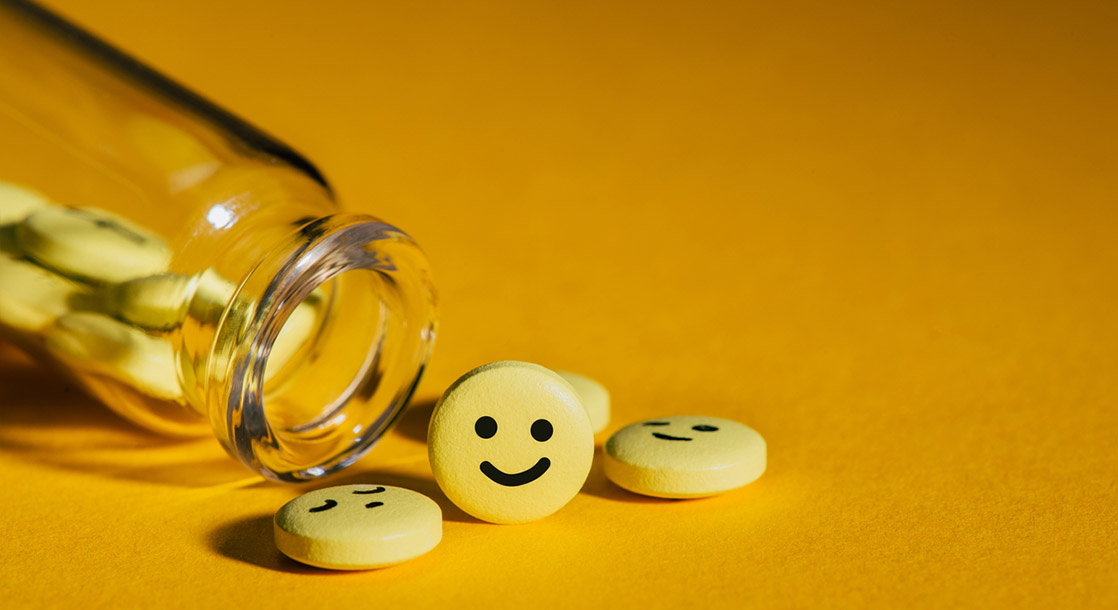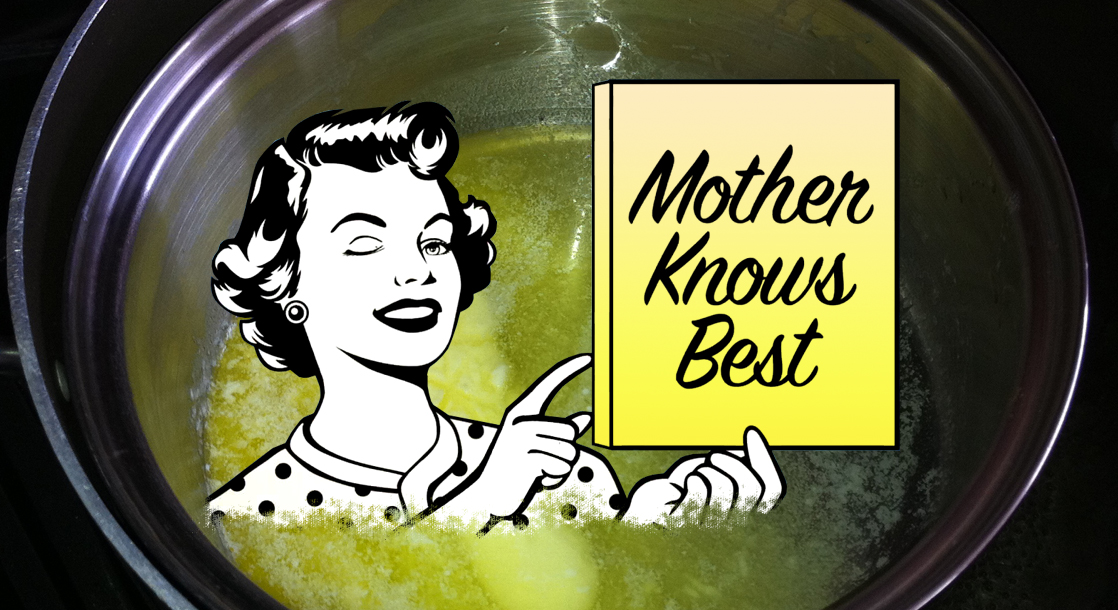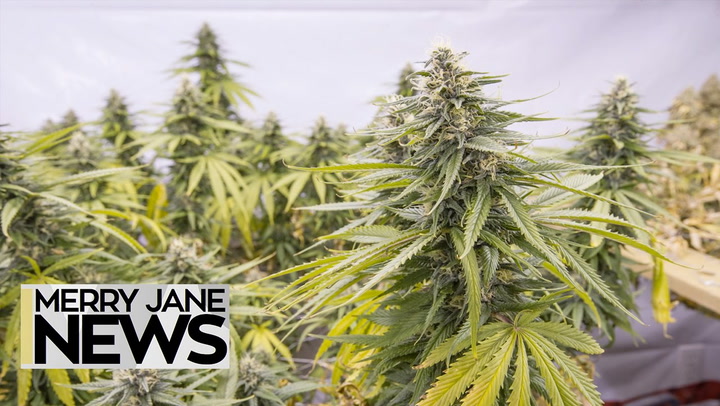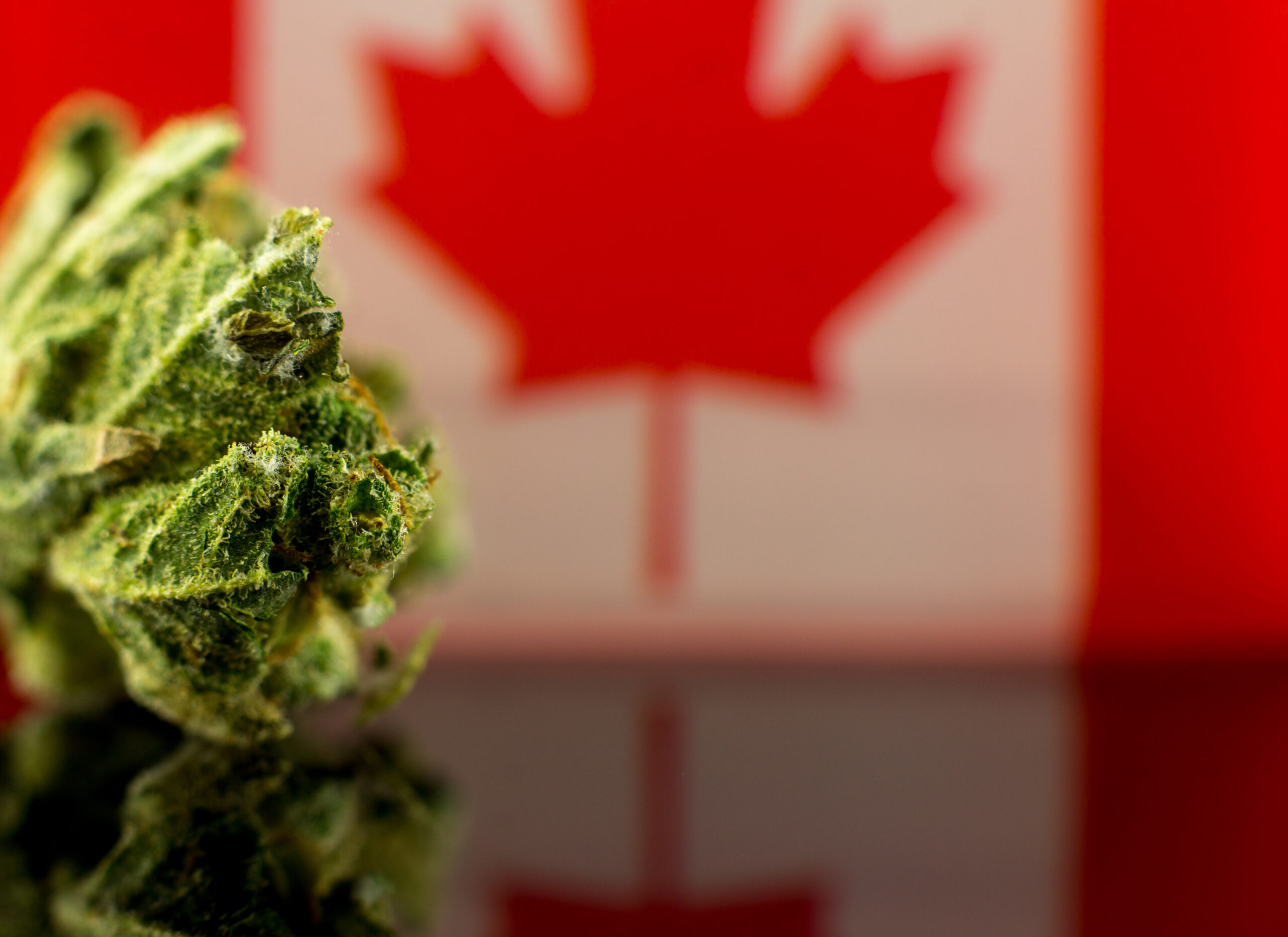It’s been a big week for innovative approaches to fighting overdoses.
New York City opened the United States’ first safe injection facilities, and New Zealand has become what advocates are calling the first country in the world to legalize drug analysis for illicit substances like MDMA. That’s key, especially MDMA is reportedly testing at 40 percent positive for an adulterant linked to fatalities and serious health problems.
“The conservative approach is, ‘well, just don’t take drugs then,’ but it’s plainly obvious that that is not stopping people from doing it,” said Wendy Allison, managing director of drug-testing organization KnowYourStuffNZ. “What we do is provide more information that helps people assess the risks more accurately – and in a lot of cases that is making people approach drugs more safely, whether that be not taking them at all, or taking less, or not taking them with other substances.”
New Zealand Health Minister Andrew Little says that nearly half of all the MDMA that was analyzed in New Zealand this summer turned up positive for eutylone, a synthetic cathinone which rose to fame as the star of the US “bath salts” panic of 2012.
He namechecked a study published this year by the Victoria University of Wellington that found 68 percent of festival-goers who used drug analysis services provided by KnowYourStuffNZ said that the experience had led them to change their drug-taking behavior, whether through throwing away tainted drugs or employing harm reduction tactics while taking them. At the time of the data collection, KnowYourStuff was operating in a legal grey area, putting staffers and festival organizers at risk of prosecution.
Luckily, such harm reduction professionals need no longer fear the fuzz. The new legislation is expected to be signed into law next week. The government already earmarked $800,000 New Zealand dollars ($544,000 USD) to support drug analysis programs at music festivals, train drug testing staffers, and educate the public about the dangers of taking drugs.
New Zealand’s Green Party legislators argue that much more funding is needed — there have been calls for $3 million ($2 million USD) total — to expand analysis sites beyond festivals. The new law does not place restrictions on where such analysis services can be located.
The legislation’s passage comes as a previous, year-long temporary law allowing drug analysis services was due to expire at the end of December. Instituting a permanent version of the law did meet some resistance — members of the country’s National Party voted unanimously against its approval.
“Drug checking has been happening in New Zealand for a number of years in a legal grey area, so the idea isn’t new and the public debate has been won,” executive director of the NZ Drug Foundation, Sarah Helm, told Vice. “People can see that it is a no-brainer if we want to reduce harm.”
Follow Caitlin on Instagram











